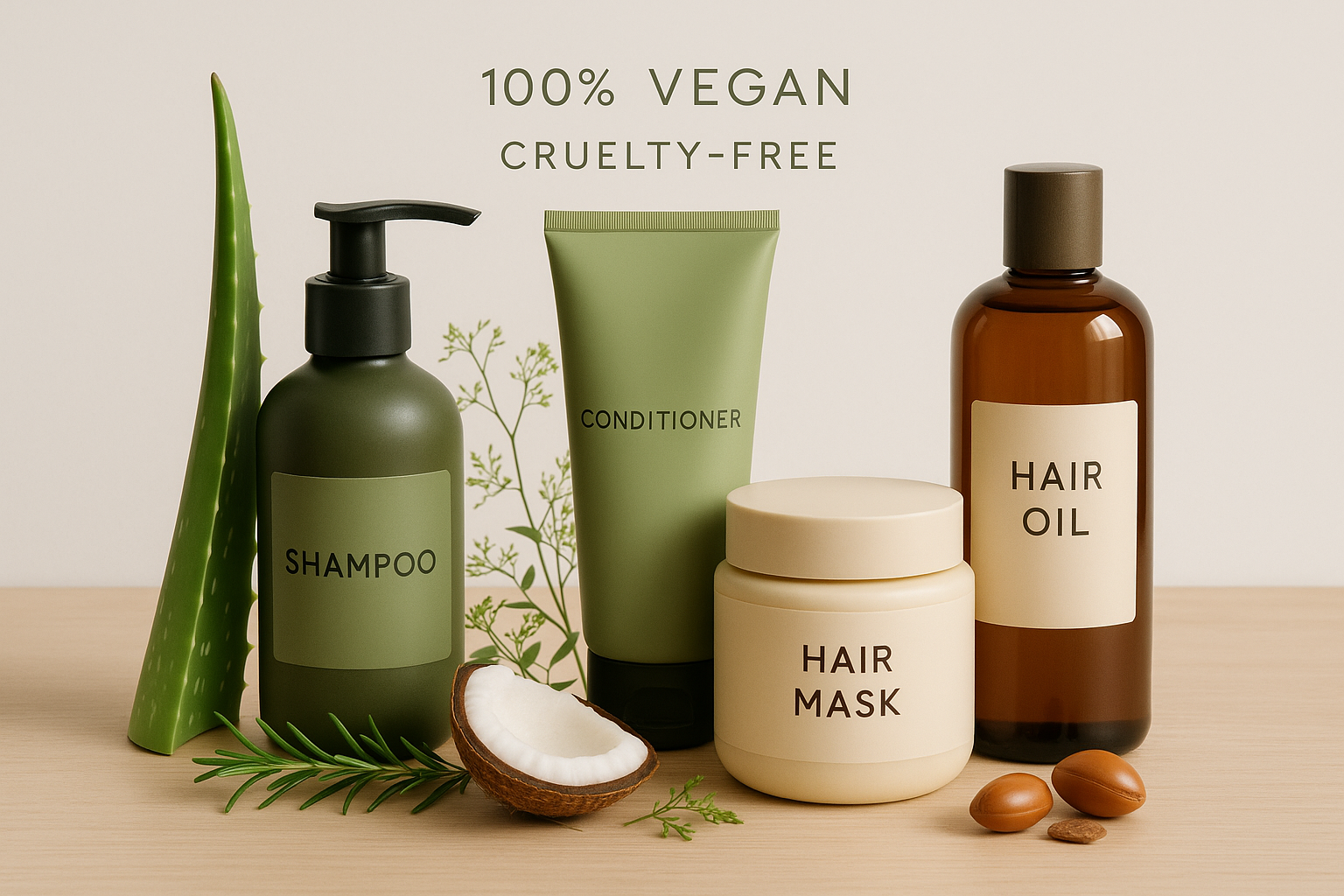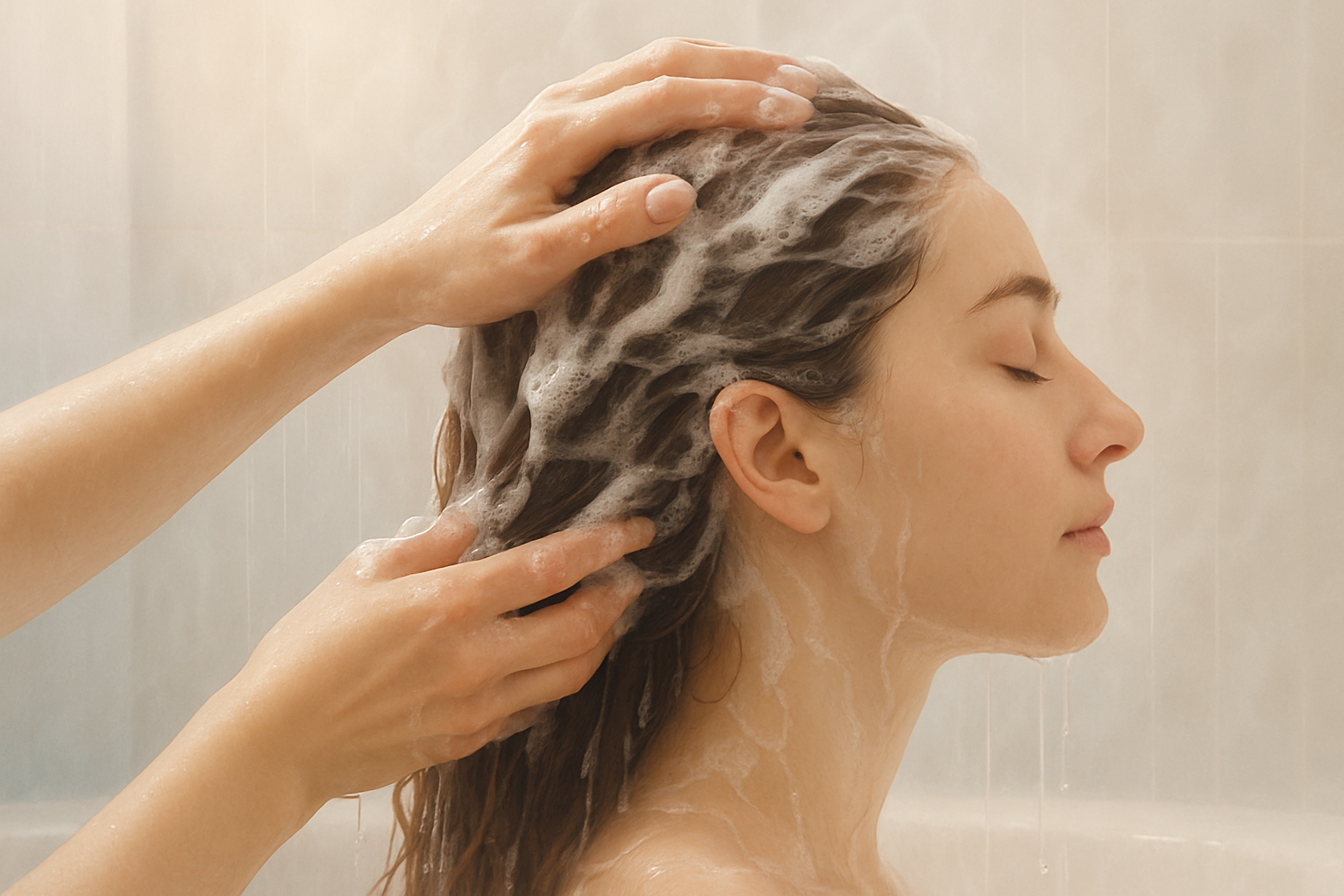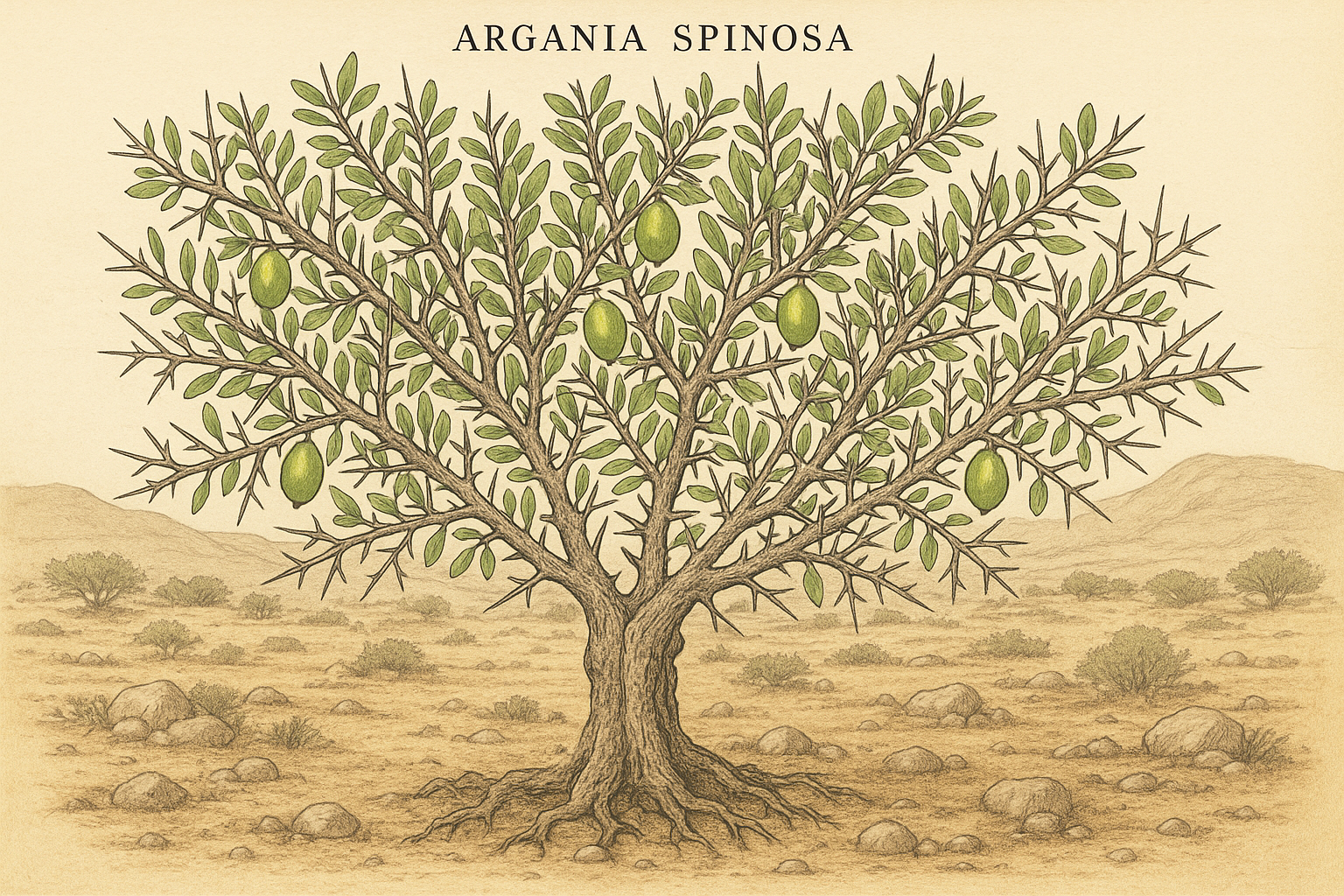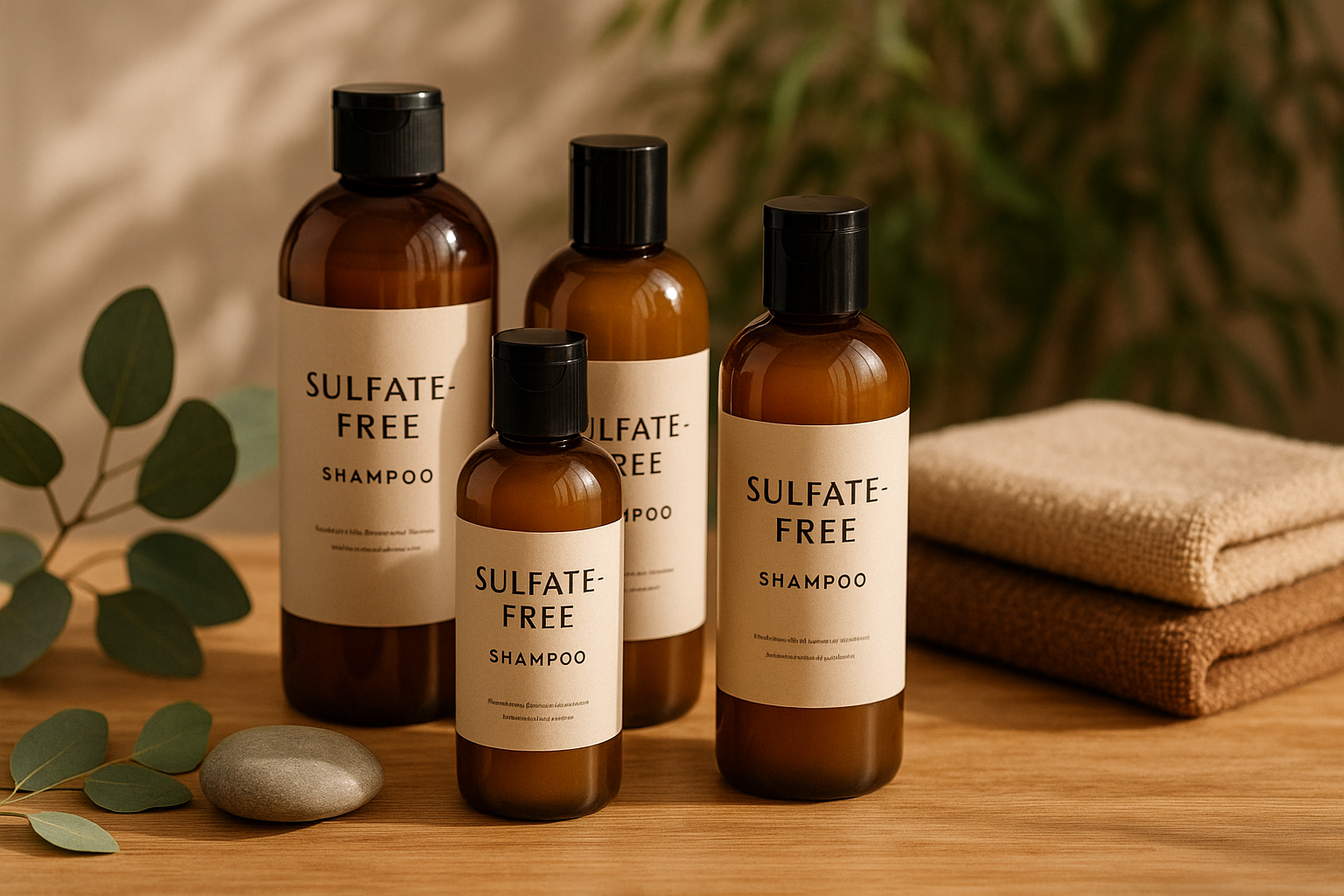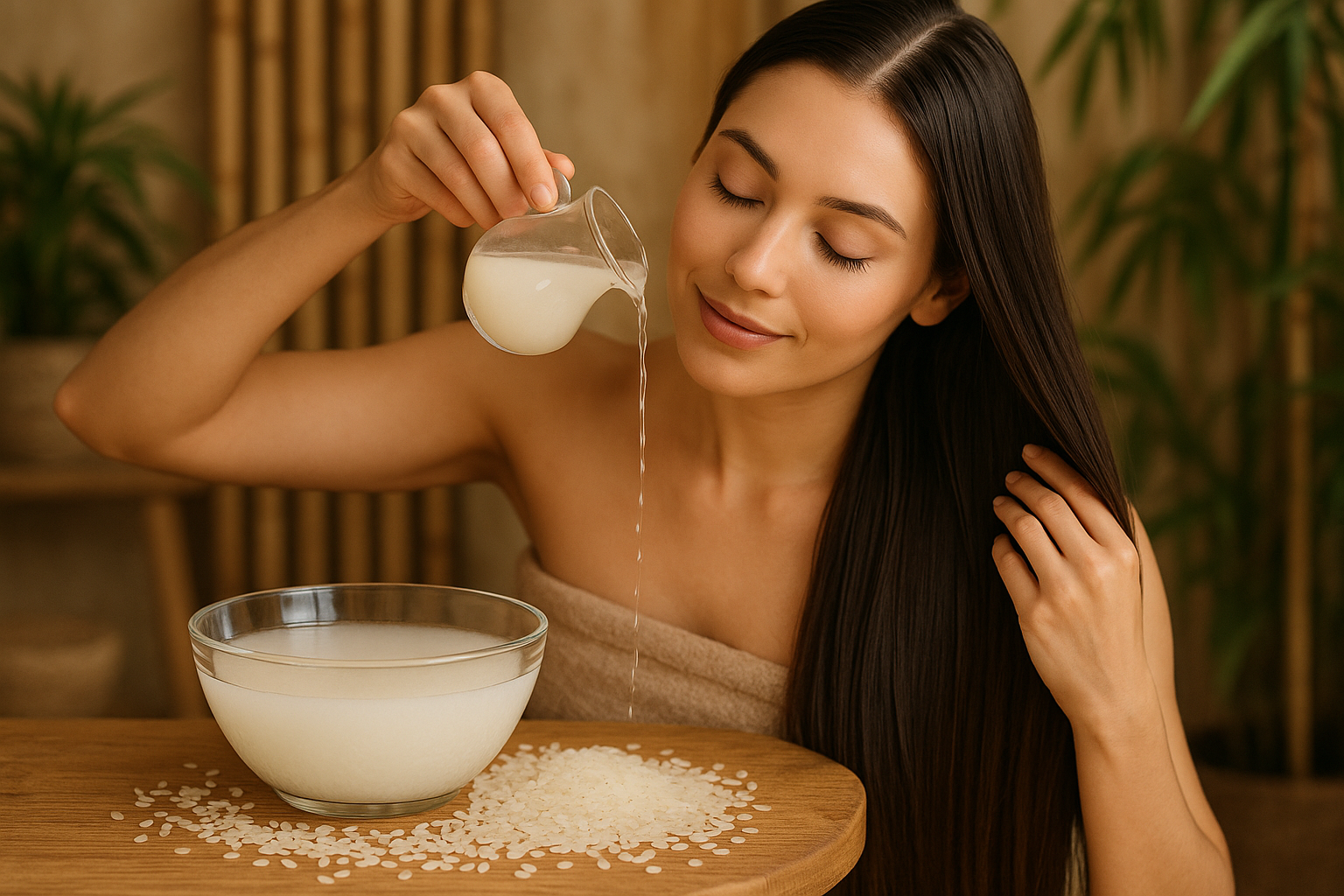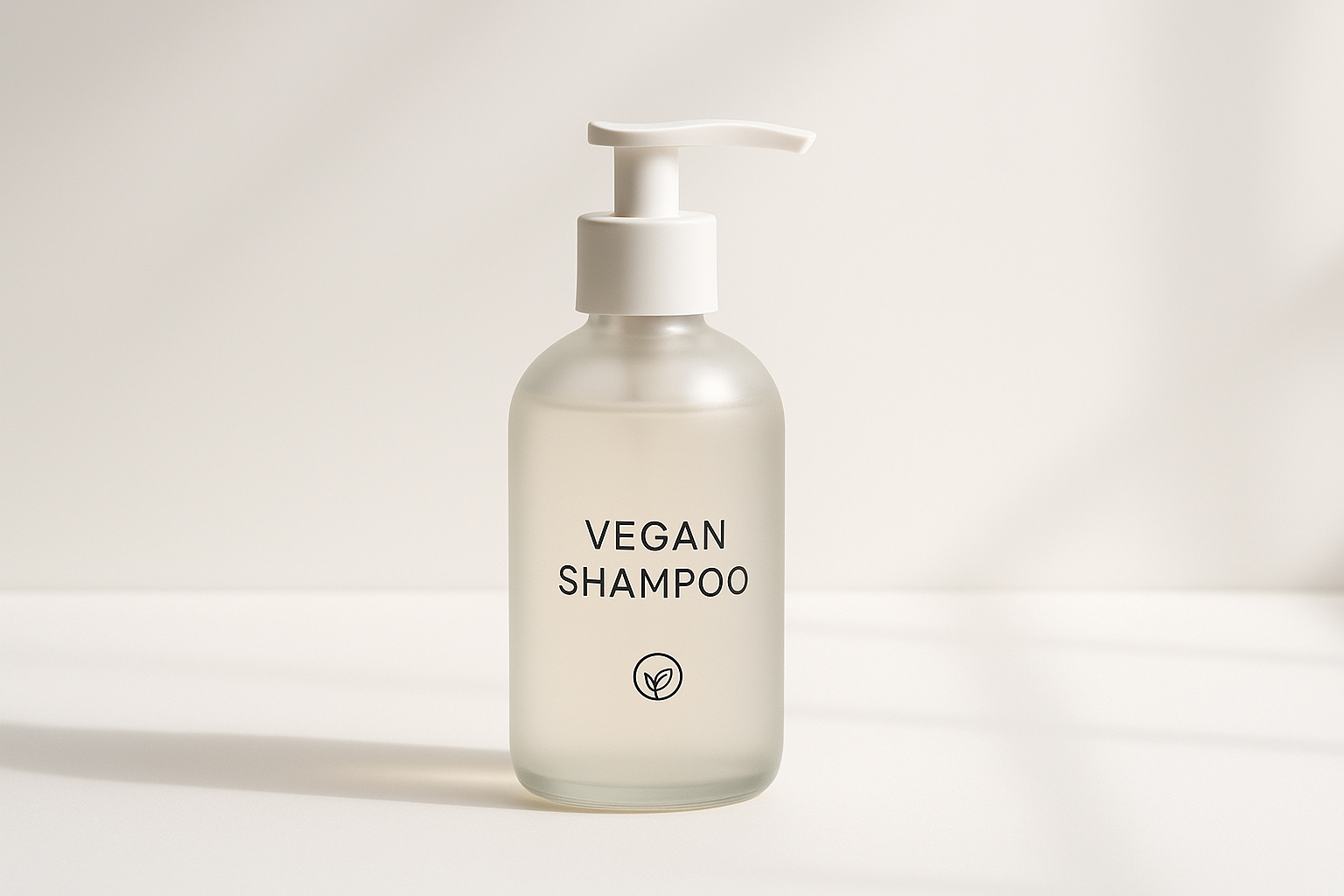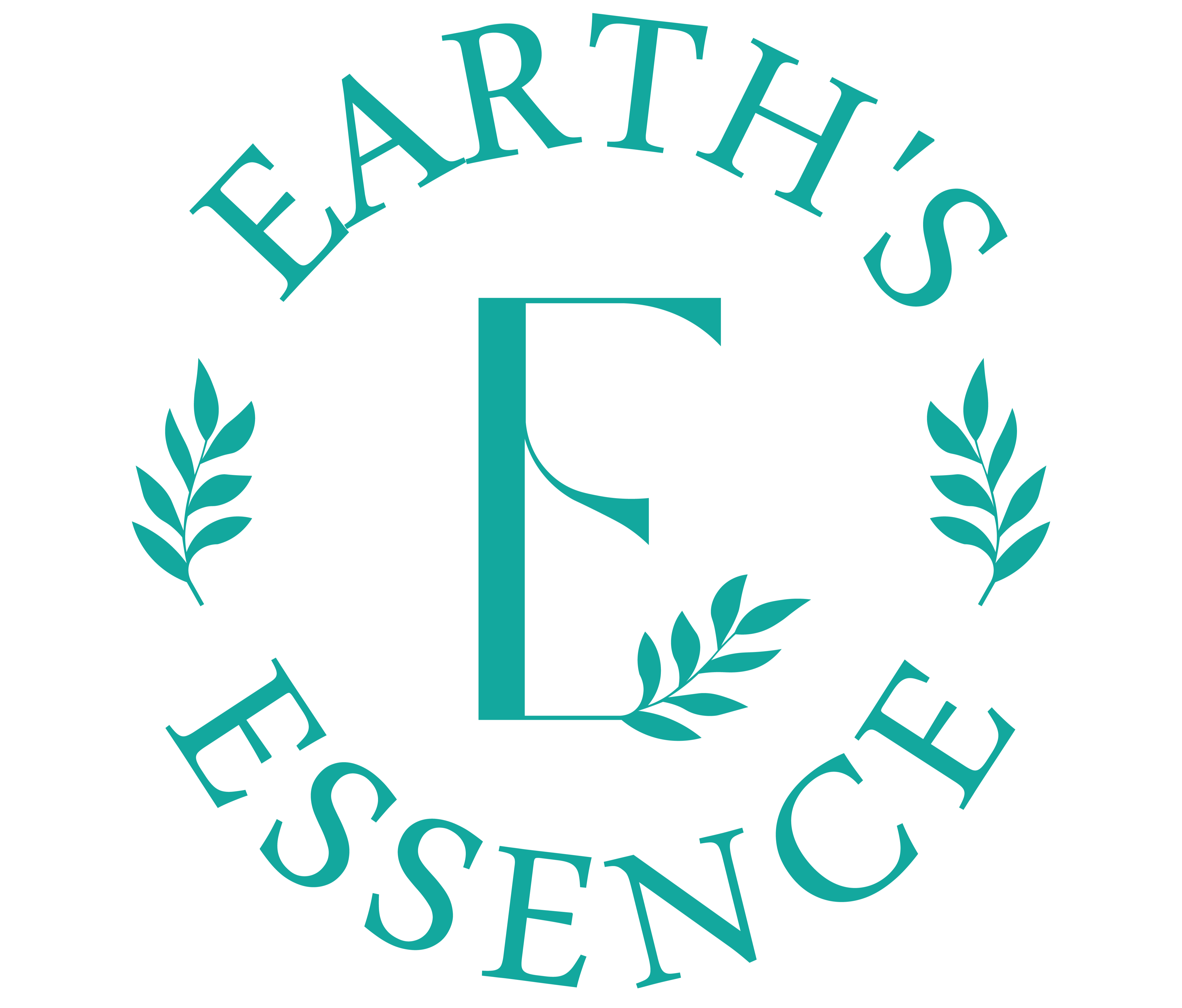Best Women's Deodorants for All-Day Freshness
Hey there! If you're on the hunt for a deodorant that keeps you feeling fresh all day long, you've come to the right place. We all know that picking the right deodorant can be a game changer, especially if you're dealing with smelly underarms or just want to feel confident no matter what the day throws at you. With so many options available, finding the ideal deodorant can sometimes feel overwhelming. But fear not; we've got your back. Let's dive into the world of deodorants and find your perfect match!
Selecting the right deodorant is more than just a matter of smelling good it's about feeling good, too. Whether you're an athletic woman constantly on the move or someone looking for a non-staining deodorant that doesn't leave white marks, there's a product out there tailored just for you. The right deodorant can:
Combat Strong Body Odor
Body odor is a natural process, but that doesn't mean you have to live with it. A good deodorant can effectively neutralize odor-causing bacteria, ensuring you remain fresh throughout the day. It's not just about masking the smell; it's about stopping it at its source. This is particularly crucial for those who have active lifestyles or work in close quarters with others.
Prevent Sweat Stains
Sweat stains can be embarrassing, especially if you're wearing light-colored clothing. The right deodorant can help manage perspiration and prevent these unsightly marks from forming. By reducing sweat production and creating a barrier on your skin, you can confidently wear whatever you like without the worry of visible stains. Many modern deodorants are designed with advanced formulas that specifically target this issue.
Keep You Feeling Fresh Throughout the Day
Feeling fresh isn't just about physical comfort; it's about mental confidence, too. Knowing that you're protected against odor and sweat can boost your self-esteem and allow you to focus on what truly matters. Whether you're attending a high-stakes meeting or just running errands, a reliable deodorant ensures that you stay fresh from morning till night. The peace of mind that comes with using an effective product cannot be overstated.
Be Gentle on Sensitive Skin
For those with sensitive skin, finding a gentle deodorant that doesn't cause irritation is essential. Many deodorants contain harsh chemicals that can lead to rashes or discomfort, especially after shaving. Opting for hypoallergenic or natural products can provide the protection you need without the irritation. Ingredients like aloe vera and chamomile can soothe the skin while still offering effective odor control.
Top Picks for Every Need
Choosing a deodorant is a personal experience, as each individual has unique needs and preferences. Whether you prioritize smell, effectiveness, or skin compatibility, there's a perfect product out there for you. Here's a closer look at some top picks tailored to various needs and lifestyles.
Best Deodorants for Smelly Underarms
If you're dealing with strong body odor, you need something powerful yet gentle. Here are some top picks:
Secret Clinical Strength
Known for its strength, Secret Clinical Strength is like the superhero of deodorants for females. It tackles odor head-on and keeps you dry. This product is formulated with clinical strength ingredients that provide reliable protection even in stressful situations. It's perfect for those with hyperhidrosis or anyone seeking a powerful solution.
Certain Dir Prescription Strength
If you need a serious solution, Certain Dri Prescription Strength roll on deodorant might just be your best bet. It offers a prescription-strength formula that effectively reduces perspiration. It's especially suitable for nighttime use, allowing the active ingredients to work overnight, ensuring you wake up feeling fresh. Users praise its longevity and effectiveness in controlling excessive sweating.
Best Clear Antiperspirants
Clear antiperspirants are a lifesaver if you're tired of seeing white marks on your clothes. Here are some options:
Dove Invisible Dry
Dove Invisible Dry promises no white marks on 100 colors of clothing. Plus, it has a subtle scent that keeps you fresh. With its advanced formula, this product ensures that your clothes remain spotless, regardless of the fabric color. It's ideal for those who prefer a minimalist scent that doesn't overpower.
Degree UltraClear Black+White
Degree UltraClear Black+White is a good deo for women who want to avoid stains while still smelling great. Its formula is designed to protect both your clothes and your skin, offering a balanced approach to freshness. It's particularly favored for its ability to blend seamlessly into any wardrobe choice, maintaining both your confidence and your style.
Best Deodorants for Athletic Women
For those of us hitting the gym or just leading an active lifestyle, the right deodorant can make all the difference:
Native Deodorant
This natural deodorant for females is aluminum-free and comes in a variety of scents. It's perfect for those who want effective odor control without harsh chemicals. Native Deodorant is celebrated for its clean ingredients and eco-friendly packaging, making it a favorite among health-conscious consumers. It provides a refreshing experience without compromising on performance.
Secret Outlast Xtend
Known for its long lasting power, Secret Outlast Xtend keeps you fresh through workouts and beyond. Its endurance-tested formula ensures that you remain protected, no matter how intense your activity gets. This deodorant is ideal for athletes or anyone who needs a product that can keep up with a demanding schedule. Its ability to maintain freshness for up to 48 hours is a testament to its effectiveness.
Non-Staining Deodorants
Nobody likes those pesky stains on their favorite tops. Here are some non-staining deodorants that work wonders:
Mitchum Invisible Gel
Mitchum Invisible Gel features a gel formula that dries clear and provides all-day protection. It's a top deo brand for those who want a non-sticky feel. The gel consistency offers a smooth application and quick drying time, making it a convenient choice for busy mornings. Its reputation for leaving no residue ensures that your wardrobe remains in pristine condition.
Ban Invisible Solid
Ban Invisible Solid is another great option that keeps you dry and is gentle on the skin. With its advanced formula, it provides a solid shield against sweat while maintaining skin comfort. It's particularly favored by those with sensitive skin, thanks to its gentle ingredients that minimize irritation.
Best Smelling Deodorants for Women
Sometimes, you just want to smell amazing. Here are some of the best smelling deodorants for females:
Secret Fresh Collection
With a variety of scents, Secret Fresh Collection offers something for every personality and preference. The range includes floral, fruity, and fresh scents, allowing you to find the perfect match for your mood or occasion. Each variant is crafted to provide long lasting fragrance while ensuring effective protection against odor. It's a popular choice for those who love to express themselves through scent.
Suave Tropical Paradise
Suave Tropical Paradise is a budget friendly option offering a sweet, tropical scent that transports you to a sunny beach. Despite its affordable price, it doesn't compromise on quality or performance. The tropical fragrance is perfect for those who love a touch of summer in their daily routine, providing a refreshing and uplifting experience.
Old Spice Wild Collection
While traditionally marketed towards men, the Old Spice Wild Collection has become a favorite among women for its bold and exotic scents. Each variant offers a unique aromatic experience, from deep, musky notes to fresh, citrusy bursts. It's a great option for those who prefer a more unisex fragrance or are looking for something a little different from the usual feminine scents.
Unscented Deodorants for Sensitive Noses
If you prefer something unscented, we've got you covered:
Almay Sensitive Skin Clear Gel
Known for its gentle formula, Almay Sensitive Skin Clear Gel is the best unscented deodorant for odor without irritation. It's hypoallergenic and free from harsh chemicals, making it perfect for those with delicate skin. Its clear gel formula ensures a smooth application without leaving any sticky residue, providing comfort and protection all day long.
Tom's of Maine Natural Unscented
Tom's of Maine Natural Unscented is perfect if you're looking for something natural and effective. This product is free from artificial fragrances and preservatives, offering a pure and simple solution to odor control. It's made with naturally derived ingredients, ensuring that your skin remains healthy and irritation-free. Ideal for those who prioritize sustainability and eco-friendliness in their personal care products.
Arm & Hammer Essentials Unscented
Arm & Hammer Essentials Unscented uses the power of baking soda to neutralize odors effectively. This product is specially formulated to provide long lasting freshness without any added scents, making it ideal for those with sensitive noses. Its natural ingredients ensure that it remains gentle on the skin, providing a reliable and safe option for daily use.
Best Roll-On Deodorants for Ladies
Roll-ons can offer precise application and effective odor control. Here are some top choices:
Nivea Pearl & Beauty Roll-On
Nivea Pearl & Beauty Roll On provides a fresh feel and is gentle on the skin, making it a favorite among female deodorant reviews. Its unique formula includes pearl extracts that help to smooth and beautify the underarm area, adding a touch of luxury to your daily routine. This product combines effective protection with skin-caring properties, ensuring you feel confident and pampered.
Vichy 48Hr Intensive Anti-Perspirant Roll-On
Vichy 48Hr Intensive Anti-Perspirant Roll-On is known for being gentle yet effective, making it perfect for those with sensitive skin. Its dermatologically-tested formula ensures that it provides maximum protection without causing irritation. This product is designed to offer long-lasting freshness, even in challenging situations, making it a reliable choice for those who demand the best in skincare.
Crystal Body Deodorant Roll-On
Crystal Body Deodorant Roll-On is a natural mineral salt deodorant that offers effective odor control without any harsh chemicals. It's free from aluminum chlorohydrate and parabens, making it a safe choice for those looking for a more natural option. This product works by creating an invisible protective barrier against odor-causing bacteria, providing peace of mind and freshness throughout the day.
Deodorants for Older Women
As we age, our skin changes, and so do our deodorant needs. Here are some choices that cater to mature skin:
Lady Speed Stick Stainguard
Lady Speed Stick Stainguard offers both protection and care for older women who want to avoid stains and stay fresh. Its advanced formula is designed to provide long-lasting protection while being gentle on mature skin. This product is ideal for those who require effective sweat and odor control without compromising on comfort.
Earth's Essence Aluminum-Free
For those looking to avoid aluminum, Earth's Essence Aluminum-Free offers a gentle, effective solution. This deodorant provides reliable protection against sweat and odor, using natural ingredients that are kind to the skin. It's particularly suitable for those with sensitivity concerns, offering a clean and fresh experience without irritation.
Dove Advanced Care
Dove Advanced Care is formulated to provide superior care for aging skin, offering a blend of moisturizers and gentle ingredients. This product not only protects against odor and wetness but also helps to nourish and soothe the skin, making it a perfect choice for those who want a little extra care in their daily routine.
All About Application: Spray, Roll-On, or Stick?
When it comes to application, everyone has their preference. Each form has its own set of advantages, and choosing the right one can enhance your deodorant experience. Here's a quick breakdown:
Spray
Great for a quick application, sprays evenly cover the underarm area, providing a refreshing burst of scent and protection. Best deo spray for ladies includes options like Dove Dry Spray, known for its fast-drying formula. Sprays are ideal for those who prefer a light, airy feel without the need for direct contact. They're also perfect for those who want to share their deodorant with family members, as the application is contactless.
Roll-On
Roll-ons offer targeted application and are often less drying, making them perfect for those who like a more controlled application. They provide a smooth glide and are ideal for those who want to ensure even coverage. Roll-ons are also great for travel, as they are compact and easy to pack. Their liquid formula ensures that the product is absorbed quickly, providing effective protection.
Stick
The classic choice for many, stick deodorants provide a solid application that many find reliable. They offer a creamy texture that glides on smoothly, ensuring even coverage and long-lasting protection. Sticks are favored for their convenience and mess-free application, making them a staple in many personal care routines. They're perfect for those who prefer a more traditional approach to deodorant application.
Final Thoughts
Choosing the right deodorant can seem overwhelming with so many options, but it all comes down to your personal needs and preferences. Whether you're looking for the best ladies antiperspirant, a roll-on deodorant for women, or something for sensitive skin, there's a perfect match for you out there. The key is to understand your unique requirements and select a product that complements your lifestyle.
Remember, it's all about finding what makes you feel comfortable and confident. Don't be afraid to experiment with different formulas and scents until you find the one that suits you best. A good deodorant not only protects you from sweat and odor but also boosts your confidence, allowing you to tackle your day with ease.
Happy deodorant hunting, and may you stay fresh and confident always! Embrace the journey of discovering your perfect match, and enjoy the benefits of feeling fresh and fabulous every single day.










